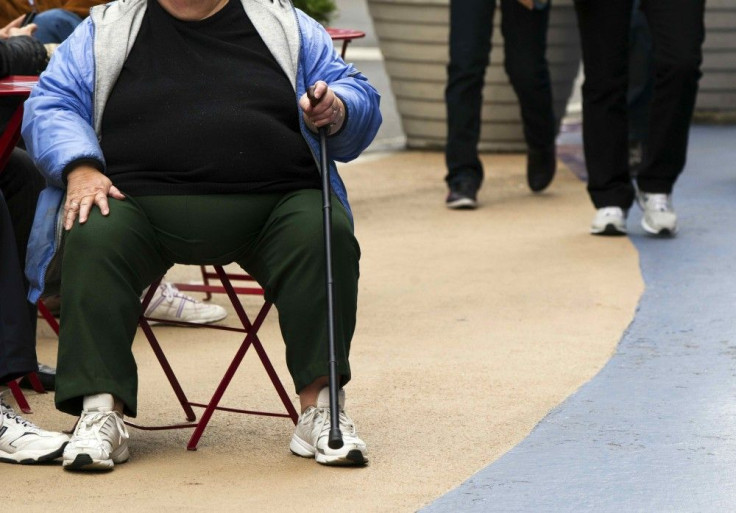New Zealand's Overweight Workers Earn the Least -- New Study

Overweight or obese workers in New Zealand earn less than their thinner counterparts. According to a study by Roy Morgan Research, 63.5 per cent of adults in New Zealand are either overweight or obese while 34.8 per cent have normal weight. The survey found that about 1.7 per cent of Kiwis are underweight.
In a press release, Roy Morgan said that based on an in-depth consumer profiling tool Helix Personas, obese people tended to live in poorer areas while those who have normal weight reside in more wealthy and urban areas.
Workers who earn the minimum wage and majority of unemployed are more than likely to be obese than the average Kiwi. Based on data from profiling, they are generally renting in working class neighbourhoods in the suburbs of Auckland like Otara, Manurewa and Glenn Innes.
The report said obese or overweight people subsisting on minimum wage watch "plenty of sport" but don't play it. They also enjoy the convenience and cheap prices of fast food since their limited budget cannot cover for organic food or gym memberships.
A recent global study has revealed that about five million or one-third of the Australia's adult population was considered obese. New Zealand has a higher obesity rate of 66 percent compared to Australia's overall 63 percent. When combined, Australia and New Zealand have the fastest growing obesity rates than any other region.
The World Health Organization (WHO) reported New Zealand is one of the worst countries with increasing obesity rates as a result of high fast food consumption in the world.
Based on WHO's study on fast food purchases per capita, New Zealand ranks fourth out of the 25 countries in terms of food purchases.
Boyd Swinburn, professor of Population Nutrition and Global Health at Auckland University, remarked New Zealand should be concerned of the study.
He added New Zealand, Australia, the U.S. and UK tend to be less deregulated when it comes to food products. Northern European countries have higher levels of regulating food which help reduce fast food consumption resulting to less obesity rates.





















